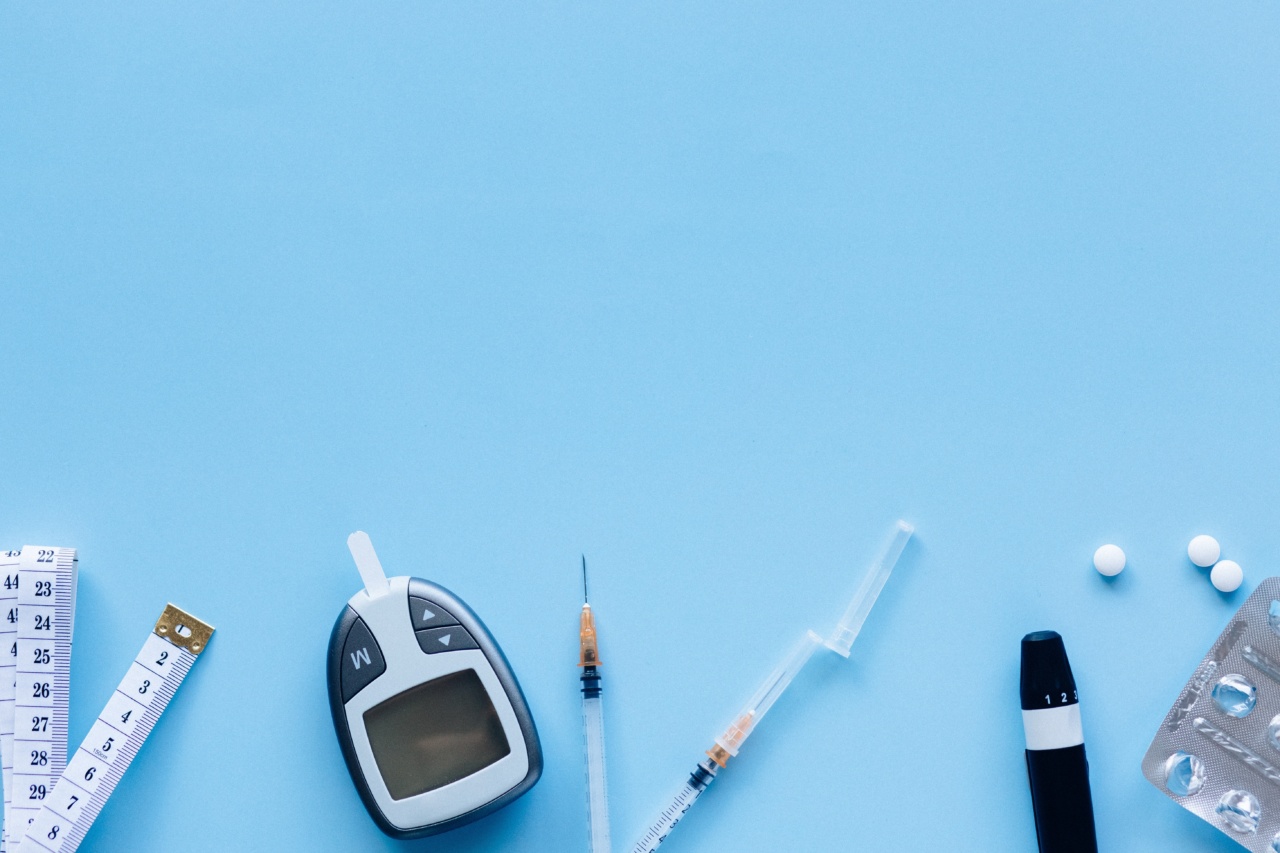Diabetes is a chronic disease affecting millions of people worldwide. It is a condition that affects the body’s ability to produce or use insulin, which is the hormone needed to regulate blood sugar levels.
People with diabetes often require medication to control their blood sugar levels and reduce the risk of complications. However, recent studies have shown a link between some anti-diabetic medications and bile issues.
What is bile?
Bile is a greenish-yellow fluid produced by the liver and stored in the gallbladder. It helps digest fat and absorb fat-soluble vitamins, while also eliminating waste from the body.
Bile is produced continuously by the liver, but the gallbladder stores it until it is needed to break down fat. Bile ducts transport bile from the gallbladder to the small intestine where it is used to digest food.
How does diabetes affect bile?
Studies have shown that people with diabetes are at an increased risk of developing gallstones compared to those without diabetes.
This may be due to the increased cholesterol levels that can occur with diabetes, which can contribute to the formation of gallstones.
Anti-diabetic medications and bile issues
A recent study published in the Journal of the American Medical Association (JAMA) found that some anti-diabetic medications may increase the risk of bile duct and gallbladder disease.
The study analyzed over 70,000 patients who were taking anti-diabetic medications, such as metformin, sulfonylureas, and insulin, and compared them to a similar group of patients who were not taking any of these medications.
The findings
The study found that patients who were taking insulin had a 20% increased risk of developing bile duct and gallbladder disease compared to those who were not taking any of the medications.
Patients who were taking sulfonylureas had a 15% increased risk, while those taking metformin had a 6% increased risk.
What should patients do?
It’s important for patients to discuss any concerns they have about their medications with their healthcare provider. In some cases, switching to a different medication may be necessary to avoid the risk of bile duct and gallbladder disease.
However, patients should not stop taking their medications without first consulting their healthcare provider.
Conclusion
While anti-diabetic medications can be effective in controlling blood sugar levels, patients should be aware of the potential risk for bile duct and gallbladder disease.
It’s important to have open and honest communication with your healthcare provider about any concerns you may have about your medications.





























